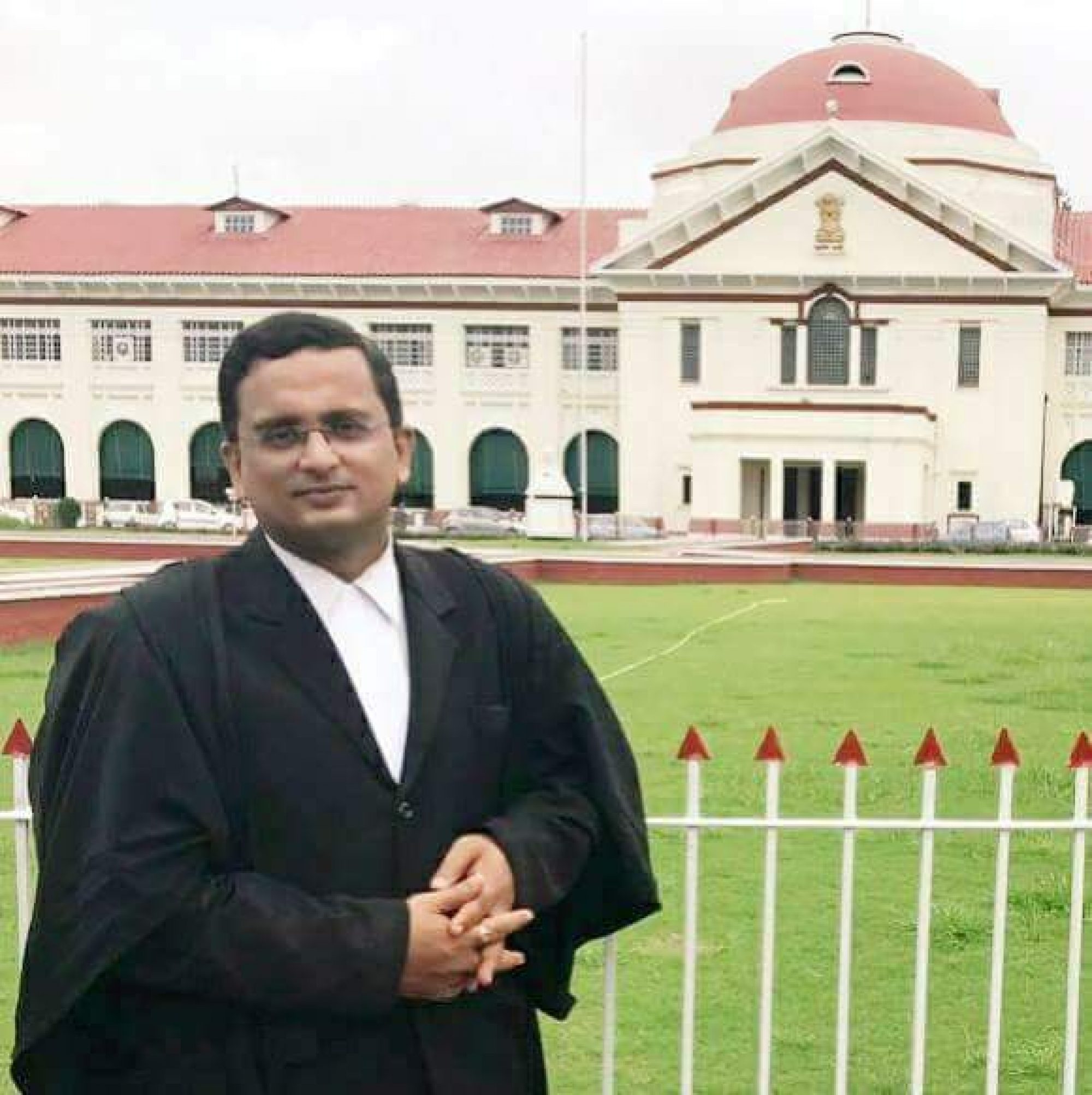
Reporting By: Amit Kashyap.
The Calcutta High Court bench of Hon’ble Justice Rabindranath Samanta in Ramabatar Rajbar @ Ramawatar Nimtar Rajwar Vs. The State of West Bengal, C.R.A. 21 of 1991 held that if the prosecution has failed to prove the charge of dacoity then the charge under Section 412 of the IPC of retaining the stolen articles of dacoity fails automatically.
Section 412 of the IPC provides that whoever dishonestly receives or retains any stolen property, the possession whereof he knows or has reason to believe to have been transferred by the commission of dacoity, or dishonestly receives from a person, whom he knows or has reason to believe to belong or to have belonged to a gang of dacoits, property which he knows or has reason to believe to have been stolen, shall be punished with imprisonment for life, or with rigorous imprisonment for a term which may extend to ten years, and shall also be liable to fine.
Referring to the provision of Section 412 of the IPC, Hon’ble Bench underscored,
“The language employed in the Section clearly shows that the articles an accused retains shall be related to those articles captured or received during the commission of dacoity. While the charge of dacoity fails, the charge under Section 412, IPC automatically fails. Therefore, I hold that the prosecution has failed to bring home the charge under Section 412, IPC.”
Reliance was also placed on the Supreme Court decision in K. Venkateshwar Rao alias
Venkatal alias I. Rao-Vs- State Represented by Inspector of Police, A.P. reported in (2002) 6 SCC 247 wherein the Apex Court had held that while the charge of dacoity has not been proved by the prosecution, the charge under Section 412 of the IPC of retaining the stolen articles of dacoity fails automatically.
According to a report by legal web portal Live Law the instant appeal had been filed against an order of conviction wherein the appellant had been convicted for the commission of the offence punishable under Section 412 of the IPC. The appellant contended that since the concerned trial Court had held that the prosecution has failed to prove the charges of dacoity under Sections 395 and 397 of the IPC, then the charge under Section 412 of IPC is also not tenable against the appellant.
The counsel appearing for the State submitted that that there is no fetter on the part of a Court to record conviction separately for offence punishable under Section 412 of the IPC if the Court finds that the evidence produced is credible. He further submitted that oral and documentary evidence adduced by the prosecution demonstrate that the appellant possessed the stolen articles derived from the dacoity.
On the contrary, the amicus curiae appointed by the Court contended that while the charges under Sections 395 and 397 of the IPC have not been proved, the appellant could not be held guilty under Section 412 of the IPC which forms an integral part of the charges under Sections 395 and 397 of the IPC.
Important Citation:
K. Venkateshwar Rao alias Venkatal alias I. Rao/Vs. State Represented by Inspector of Police, A.P. (2002) 6 SCC 247.
Advocate for the appellant:
Mr. Ayan Bhattacharya as Amicus Curiae.
Advocate for the Respondent:
Mr. Pratik Bose
***********
